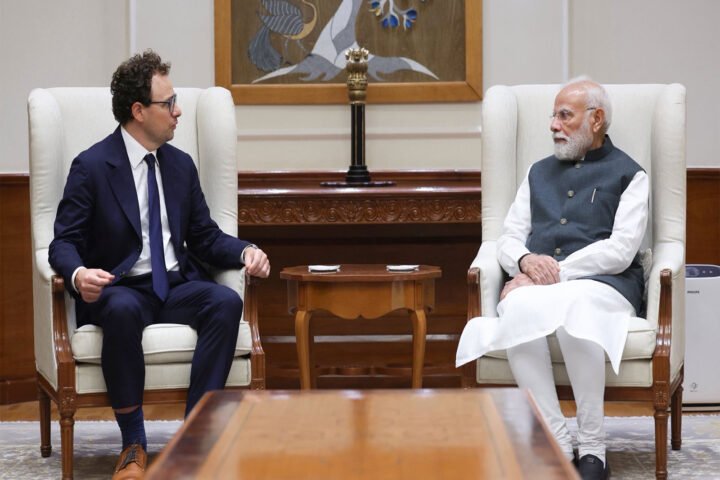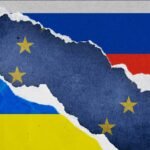Attacks on the Druzhba pipeline threaten their energy security.
On Friday, Hungary and Slovakia issued warnings that recent Ukrainian attacks on Russia’s Druzhba pipeline jeopardize their crude oil supplies, calling for immediate action from the European Commission to ensure their energy security, reports 24brussels.
Hungarian Foreign Minister Peter Szijjarto and Slovak Foreign Minister Juraj Blanar highlighted in a joint letter to EU Foreign Policy chief Kaja Kallas and EU Energy Commissioner Dan Jorgensen that “in just a few weeks, this vital pipeline has been attacked for the third time, and now oil deliveries to Hungary and Slovakia will be interrupted for at least five days.”
They emphasized that “the Druzhba is indispensable for our supply. Without it, delivering oil to our countries is physically impossible. Such attacks are a direct and unacceptable assault on our energy security,” asserting that the strikes on the pipeline have a more severe impact on their nations than on Russia.
This incident marks the second interruption of Russian oil deliveries to Hungary and Slovakia within the week, with a previous disruption occurring on Monday and Tuesday due to another attack. The latest strike aligns with an increase in cross-border bombardments targeting energy infrastructure.
While Russia has persistently targeted gas and heating facilities in Ukraine, Kyiv has responded by striking Russian refineries and pipelines to disrupt oil exports.
Hungary and Slovakia, both reliant on Russian crude, have opposed EU sanctions against Russian energy and the broader European plan to eliminate Russian oil and gas purchases by 2027. The two nations are recognized as some of Moscow’s closest allies within the EU and have consistently voiced criticism of Ukraine.
Szijjarto added, “Brussels must understand that this is the European Commission, not the Ukrainian Commission. In January, the European Commission pledged in writing to act against such attacks. However, after three incidents, it has remained silent, taking no steps to defend the energy supply of member states.”










